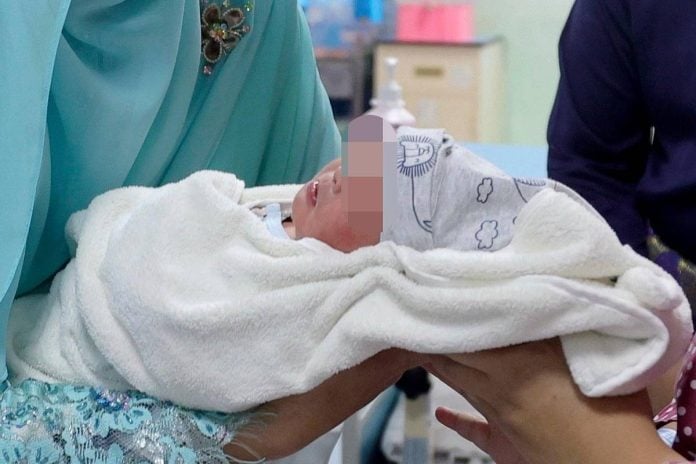PETALING JAYA: Infants sold like goods, their births falsified, sexually abused and exploited for profit – Malaysia’s child protection system is struggling to shield its most vulnerable, warns the Child Rights Innovation and Betterment (CRIB) Foundation.
The alarm follows a shocking case uncovered through Ops Pedo, in which police rescued three children and two infants allegedly abused to produce photos and videos for a paedophile syndicate. The material was circulated online for money, rewards and exchanges among group members.
The victims, aged between two months and five years, were also believed to have been sold through social media. Pregnant mothers were allegedly offered between RM1,500 and RM3,500, with syndicate members even covering hospital delivery bills.
CRIB co-chairperson Srividhya Ganapathy (pic) said the case reflected shortcomings across multiple agencies.
“This is a clear example of how our child protection mechanisms fail children at every turn, from civil registration, health and welfare, to policing, immigration and even online platforms.
“We have reactive solutions that emerge only after a new case sparks public outrage. But these responses are rarely nuanced, researched or collaborative. They are often rolled out simply to say there was a problem but it has been fixed and it’s time to move on.”
She noted that despite Malaysia’s upgrade to Tier 2 in the
US Trafficking in Persons Report last year, gaps persist in an overstretched welfare system with too few trained staff. The
long-awaited Social Workers Bill, she added, still fails to certify public social workers.
Aside from that, enforcement is also hampered by misconceptions.
“Officers often believe they must first identify or interview a child in a child sexual abuse material before acting, but the law does not require this.
“We also miss obvious touchpoints. Every baby in
Malaysia receives free vaccinations under the National Immunisation Programme, which could help detect neglect, fake identities or trafficking risks if frontline staff were properly trained to respond.”
Srividhya stressed that protecting children and preventing opportunities for abuse should
take priority over merely catching predators. Frequent officer transfers, she said, erode expertise, while a lack of trained frontliners means laws such as the Sexual Offences Against Children Act (SOACA) 2017 are under utilised.
“Public reporting is also hampered by complex procedures and fear of backlash, leaving many cases unreported,” she said.
She urged a systemic overhaul, starting with lawmakers.
“While progress has been made in strengthening laws, resistance to expert advice remains. Too many consultations are done superficially, which means we are not getting the best systems possible.”
Malaysia, she stressed, must honour its obligations under the Convention on the Rights of the Child to protect all children, regardless of whether their abusers are brought to justice.
“Another hard truth is that while laws and court procedures have been updated since 2017, victim support has barely improved. Malaysia still relies heavily on NGOs, which operate with minimal government aid or funding.”
Srividhya outlined urgent steps, including never sharing or forwarding child sexual abuse material and reporting it immediately to the Malaysian Communications and Multimedia Commission, the National Centre for Missing & Exploited Children or the Internet Watch Foundation’s Report Remove service, and encouraging schools and communities to make reporting routine.
She also urged widespread training to help people recognise and report abuse, making workplaces and tech platforms safer, providing greater support for NGOs and placing children’s safety at the heart of policymaking.
“The adage that it takes a village to raise a child is truer now than ever. We must educate all levels of society on child protection, teach children their rights and ensure everyone knows when and how
to raise the alarm if a child is at risk,” she said.








